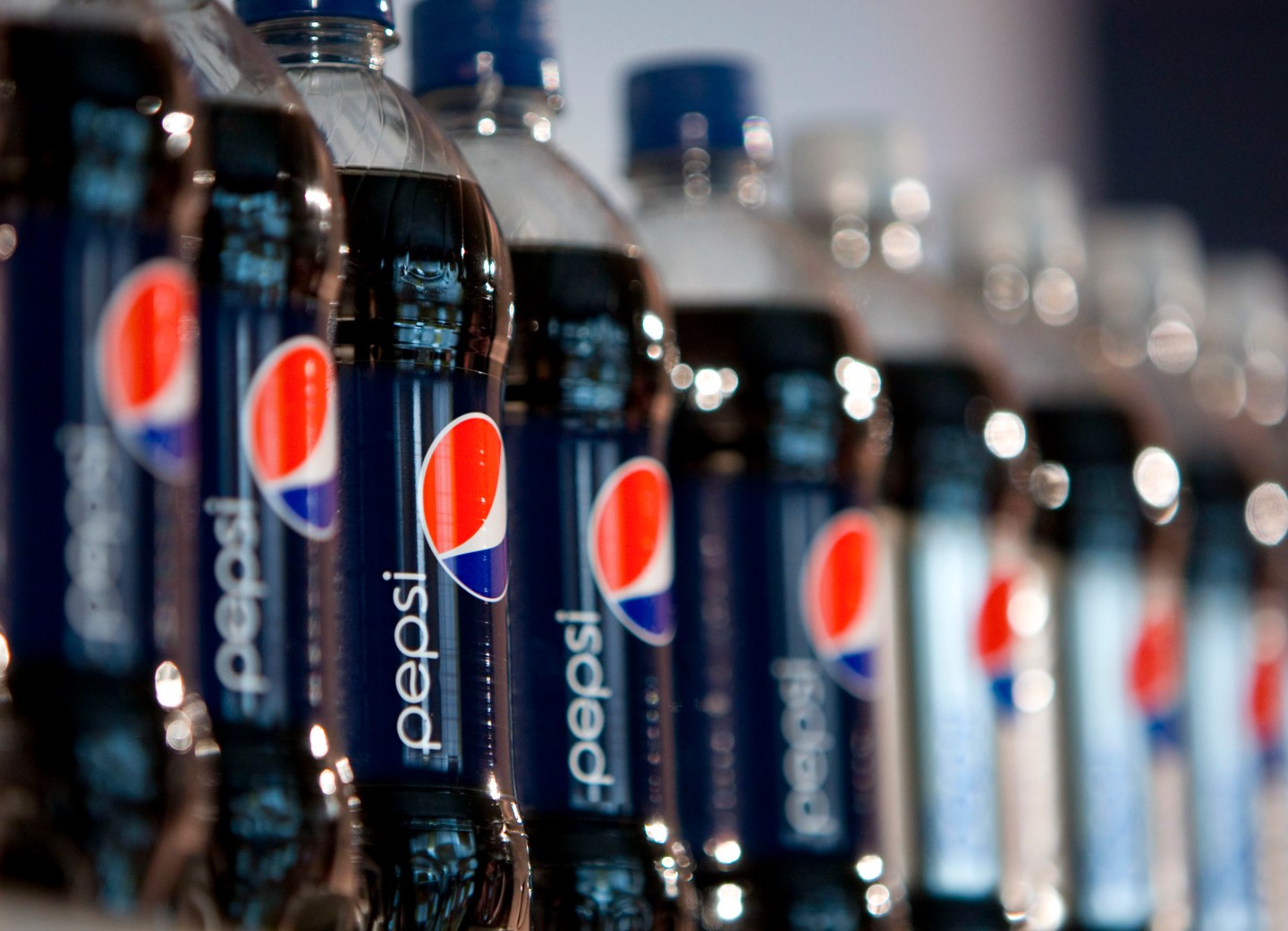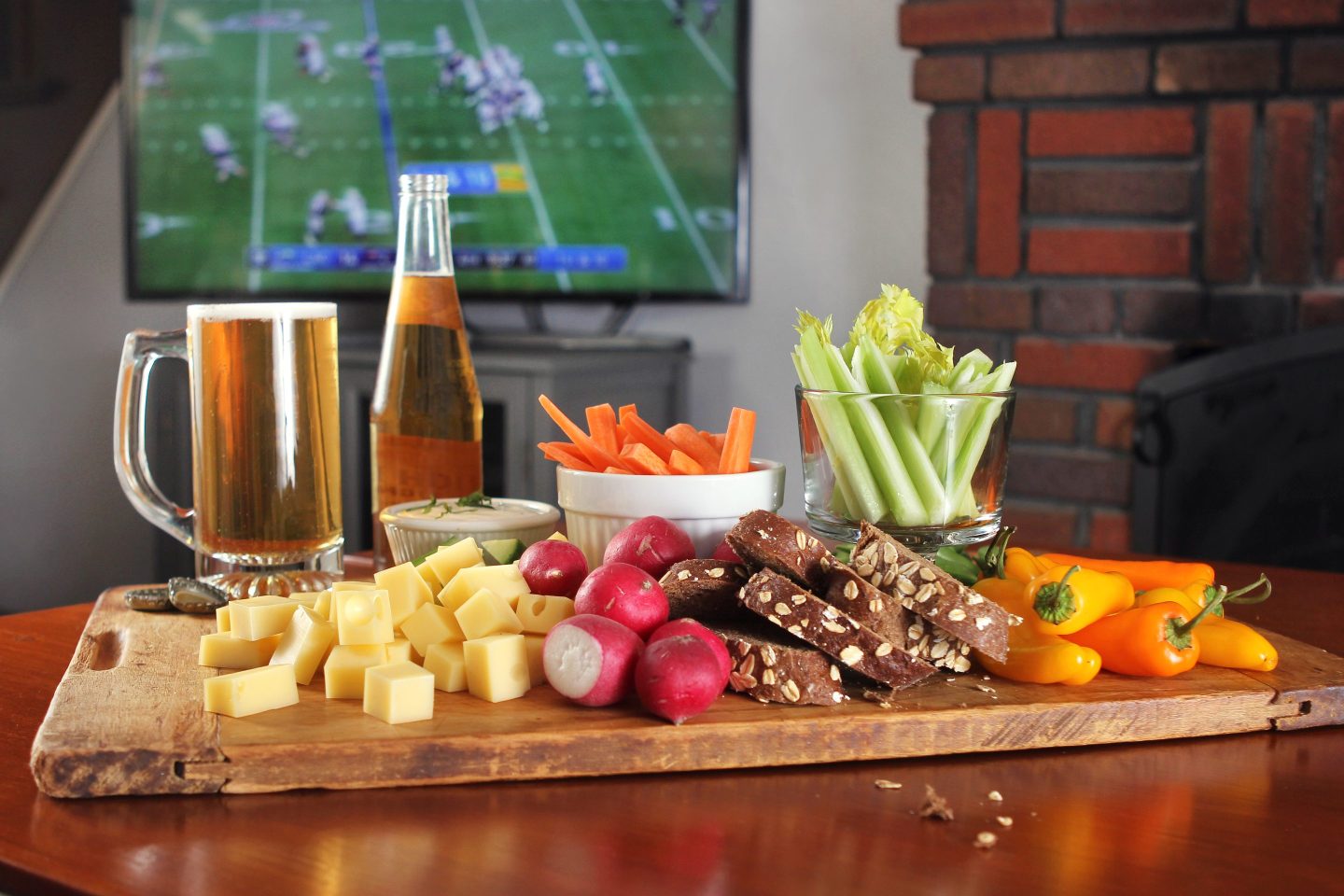PepsiCo, the maker of Mountain Dew and Tropicana beverages, reported a 1 percent fall in quarterly revenue as a stronger dollar hurt revenue from international markets.
The company’s net revenue fell to $19.95 billion in the fourth quarter ended Dec. 27, from $20.12 billion a year earlier.
Net income attributable to the company fell to $1.31 billion, or 87 cents per share, from $1.74 billion, or $1.12 per share.
Like its rival Coca-Cola (KO), PepsiCo (PEP) is dealing with declining demand for its core sugary drinks business.
PepsiCo’s Chief Executive Indra Nooyi has faced a challenge from activist investor Trian, which is led by Nelson Peltz, who has argued that PepsiCo should split its more successful snack division from its waning beverage business, arguing that the move would reduce costs and unlock value for shareholders. Nooyi has said that the company’s divisions are better off together.
On Tuesday Coca-Cola, the world’s largest beverage maker, reported a 55% plunge in quarterly profit as a stronger dollar hurt revenue from international markets.
However, Coke said sales in North America, its biggest market, rose for the first time in four quarters, offsetting the impact of a stronger dollar on its overseas business.
Coke’s sales in North America have declined or remained flat for the last three quarters as U.S. consumers opt for healthier beverages and shift away from diet sodas due to concerns over artificial sweeteners.
Analysts say U.S. consumers are still drinking less soda but are paying more for it.
—Reuters contributed to this report.













